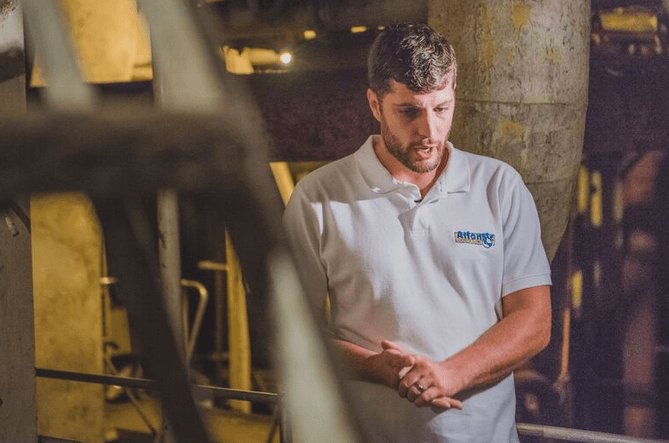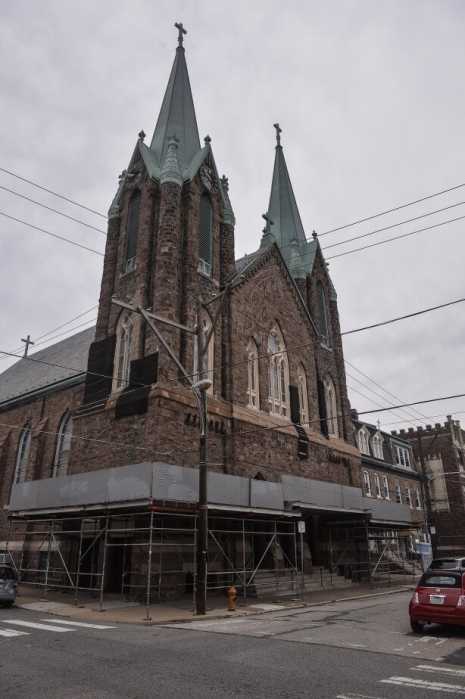The travails of Camac Street, a historic Philadelphia alleyway paved with wooden blocks, are continuing this week as workers had to begin pulling up wooden blocks at the south end of the street so they could repave the asphalt underneath. “Additional sections of the wooden street have started to fail and we are temporarily making those sections safe by paving with asphalt,” said Streets Department spokeswoman June Cantor. “This is a temporary measure until all of the blocks can be replaced with a more durable species of wood.” Related link:Philly’s last wooden street gets an asphalt repair
http://www.metro.us/philadelphia/philly-s-last-wooden-street-gets-an-asp… But local Harry Adamson, 66, said the repair won’t help matters.
“They’re engineering it wrong,” he said. “They put down asphalt that doesn’t allow the water to drain. So the new blocks are just going to get wet again and disintegrate.” Streets Departments plans call for eventually repaving all of Camac Street with wooden blocks.
“The old blocks lasted for 100 years. They had sand or some kind of filler underneath so the water could drain,” Adamson said. “What they’ve torn down is irreplaceable, and the streets are part of that.” Camac is located between 12th and 13th and Walnut and Locust streets.
The wood block paving system is historically protected, but part of the street is covered with asphalt while the Streets Department works out how to obtain new wooden blocks to replace older, deteriorating blocks.
Historic Camac Street’s wood blocks require yet more repair

Charles Mostoller
































